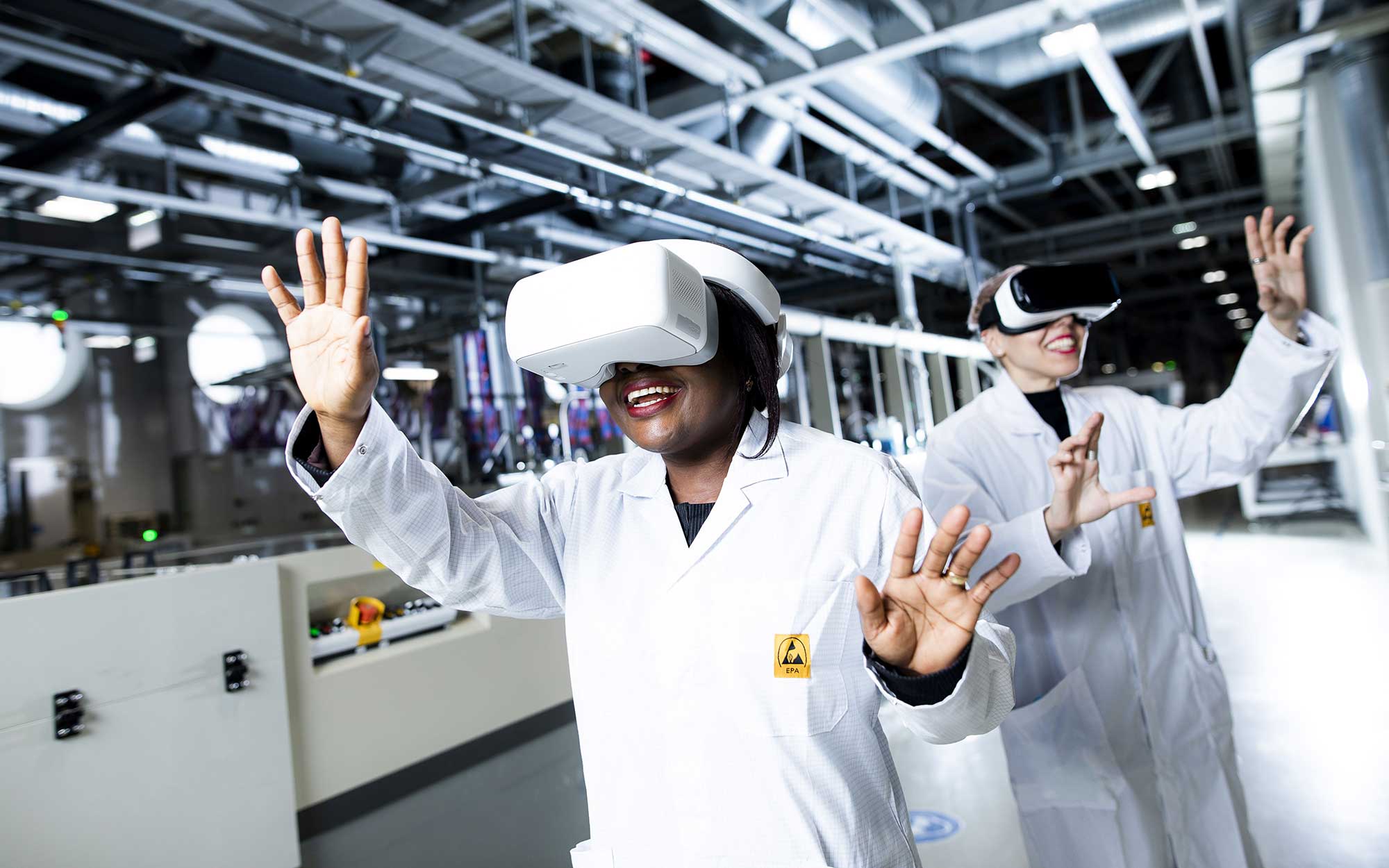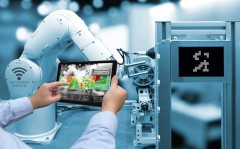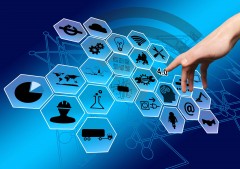Across the world, the industrial sector consumes a great deal of energy and emits a lot of greenhouse gases. Austrian industry is no exception, accounting for some 30% of the country’s energy consumption. Process-based greenhouse gas emissions from industry will have to be cut sharply if carbon-neutrality by 2040 is going to be achieved. The energy efficiency of industrial processes is being continuously improved thanks to new technologies and methods. The aim is increasingly to integrate renewable energy sources into production lines and to balance the energy requirements of industrial facilities with energy supplies from fluctuating renewable sources.
As part of the IEA’s technology collaboration programme Industrial Energy Technologies and Systems (IETS TCP), international cooperation between research disciplines relevant to industry is being stepped up in order to drive forward its decarbonisation. The focus is on exchanging information and knowledge between experts from industry, research institutes and politics as well as on networking within industrial sectors and on cross-sectional technologies.
Opportunities through digital transformation
EinThe possibilities for employing digital technologies in industry and the opportunities they present are a key area of research. Digitalisation measures can help to make industrial processes more productive and flexible as well as increase efficiency, cut costs, save energy and incorporate more renewable energy. The IEA IETS Annex 18 project was launched in 2018 to research how digitalisation, artificial intelligence and related technologies can be used in industry. To this end, an international network of scientists, research laboratories, IT providers and process industry stakeholders is being established and an information architecture is being created to enable knowledge and data to be exchanged. The activities are intended to help reduce energy consumption and greenhouse gas emissions in energy-intensive branches of industry. Austria is an active member of this international research partnership.
https://iea-industry.org/annexes/digitalization-artificial-intelligence-and-related-technologies-for-energy-efficiency-and-ghg-emissions-reduction-in-industry/
www.energieforschung.at/projekte/1040/iea-iets-annex-xviii-digitalisierung-kuenstliche-intelligenz-und-verwandte-technologien-fuer-energieeffizienz-und-thg-emissionsreduktionen-in-der-industrie-task-1-assessment-study
![]()
EDCSproof – Energy Demand Control System
Integrating renewable energy sources into the power grid will increase supply fluctuations, requiring ever more flexible consumers in energy-intensive branches of industry in particular. Today’s production processes are rarely designed to support flexible operation, with most industrial energy supply systems based on conventional automation and process control systems. At present, only a handful of electrical and thermal storage systems and energy converters (power-to-heat, heat pumps that utilise waste heat) are in use. This means that these systems are not being run optimally in terms of their CO2 emissions, maximising their own consumption of renewable energy sources and minimising their operating costs. Quantities of waste heat that, technically speaking, could be harnessed by high-temperature heat pumps at up to 150°C, often remain unused.
As part of the EDCSproof* project, a concept for the future is being developed that is designed to enable industrial energy supply systems to be decarbonised, focusing on the online, predictive, integrated and reconfigurable control of energy supply. The concept has the following objectives:
> Integrating renewable energy sources by using (thermal) energy storage systems
> Increasing efficiency by optimising control of the overall system
> Harnessing waste heat by using high-temperature heat pumps
> Being part of the power grid as a flexible consumer (demand-side management, taking account of dynamic tariffing)
A benchmark energy system that includes the use of energy storage systems and heat pumps will be devised based on the energy systems and the production and operating data from three real-life industrial sites run by the Austrian companies Wiesbauer and Fischer Brot. The concept will then be fine-tuned in the laboratory. Scalability and potential uses in various branches of industry are to be studied in a technical/economic and ecological assessment. The project aims to develop an energy concept spanning all sectors and with a broad field of application, which is to be implemented at the project partners’ sites and will be capable of being applied to a large majority of Austria’s industrial companies.
www.nefi.at/edcsproof/
* Project partners: AIT Austrian Institute of Technology GmbH/Center for Energy (project management), TU Wien – Institute for Energy Systems and Thermodynamics/Institute of Mechanics and Mechatronics, University of Leoben – Chair of Energy Network Technology, Wiesbauer Holding AG (Vienna), Wiesbauer Gourmet (Reidling, Lower Austria), Fischer Brot GmbH (Linz, Upper Austria), ILF Consulting Engineers Austria GmbH, evon GmbH, kleinkraft OG
The project is carried out as part of the NEFI – New Energy for Industry flagship region.


